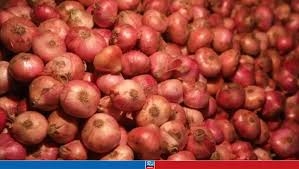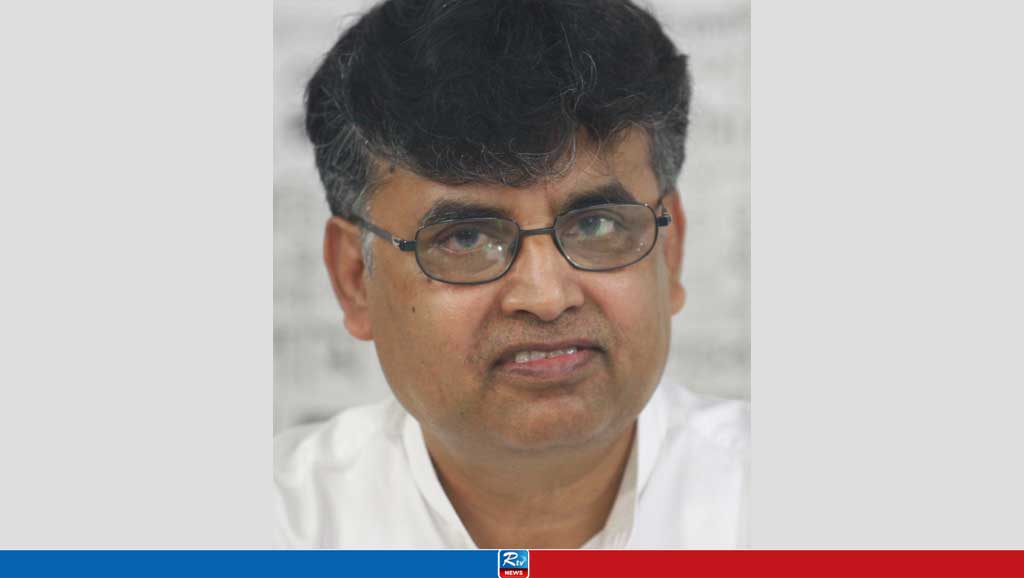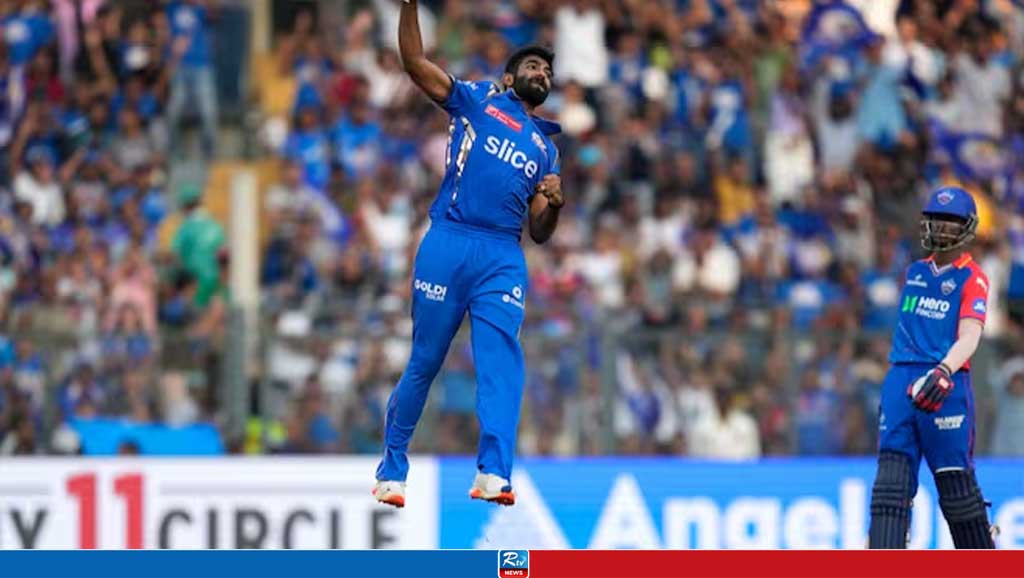India-made cervical cancer vaccine Ceravac to cost Rs 200-400 per dose
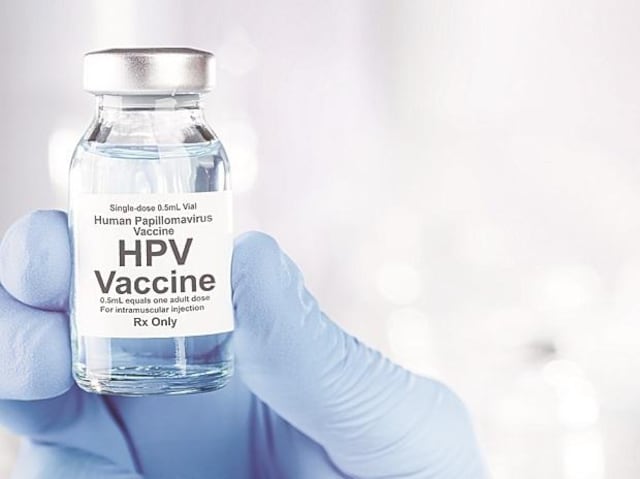
Ceravac, an indigenously developed vaccine for cervical cancer caused by the human-papillomavirus (HPV), will be priced between Rs 200-400 per dose and available in a few months, said manufacturer Serum Institute of India on Thursday.
“Initially, the vaccine will be supplied to the government programme and then from next year onwards, some private partners may also be involved,” said Serum India CEO Adar Poonawalla. The vaccine is given as a two-dose or three-dose regimen depending on age.
Two HPV vaccines are available in the private market presently, both made by foreign companies: Gardasil by Merck and Cervarix by Glaxo Smithkline. HPV vaccines sell for Rs 2,000-3,500 per dose now, and Serum India’s entry is expected to bring down prices.
Announcing the scientific completion of the vaccine that took more than a decade to develop, the central government said that around 2,000 volunteers had participated in the country for clinical trials. Pune-based Serum India developed Ceravac in collaboration with the government’s biotechnology department.
Work started in September 2011 and the vaccine was approved by India’s drug regulator in July this year. “Partnerships between private-public are becoming very important in such research, this co-creation is what is going to make all the difference in the world,” said Rajesh Gokhale, secretary in the Department of Biotechnology.
Covid-19 had raised awareness about preventive healthcare and Ceravac will help such efforts, said Jitendra Singh, Union Minister of Science and Technology.
Ceravac, which is based on virus-like-particle (VLP) platform technology, has demonstrated a robust antibody response nearly 1000 times higher than the baseline against all targeted HPV types and in all dose and age groups.
HPV types--16, 18, 31, 33, 45, 52, 58--are considered as high risk for cancer. Type 6 and 11 are considered low-risk types. SII’s quadrivalent HPV vaccine works against type 6,11,16,18.
It means the vaccine protects against four different strains of the HPV, and approximately give coverage against 90 percent of HPV prevalent in the developing world.
Cervical is the second most frequent cancer among women in India. About 5 percent of women in the general population are estimated to have cervical HPV‐16/18 infection, and 83.2 percent of invasive cervical cancers are attributed to HPVs 16 or 18.
India has 483.5 million women aged 15 and older who are at risk of cervical cancer. Current estimates say that every year 123,907 women are diagnosed with cervical cancer and 77,348 die from the disease. Cervical is the second-most frequent cancer among women in India.
The standing technical sub-committee of the National Technical Advisory Group on Immunisation (NTAGI) has recommended including cervical cancer in the National Immunisation Mission (NIM).
According to the 2011 Census, around 114.8 million girls were between the age of 10-14 years. The numbers would be slightly different now, however, one can estimate around 100-120 million female children to be in the target age group for HPV vaccination under the NIM.
Umesh Shaligram, executive director of Serum India and who was involved in developing Ceravac, said the vaccine could also be given to males once there are enough doses. The vaccine can be used to cover other HPV-caused diseases and not just cervical cancer, he said.
Source: Business Standard
Comments
Italy is overtaking Germany as Europe's economic powerhouse
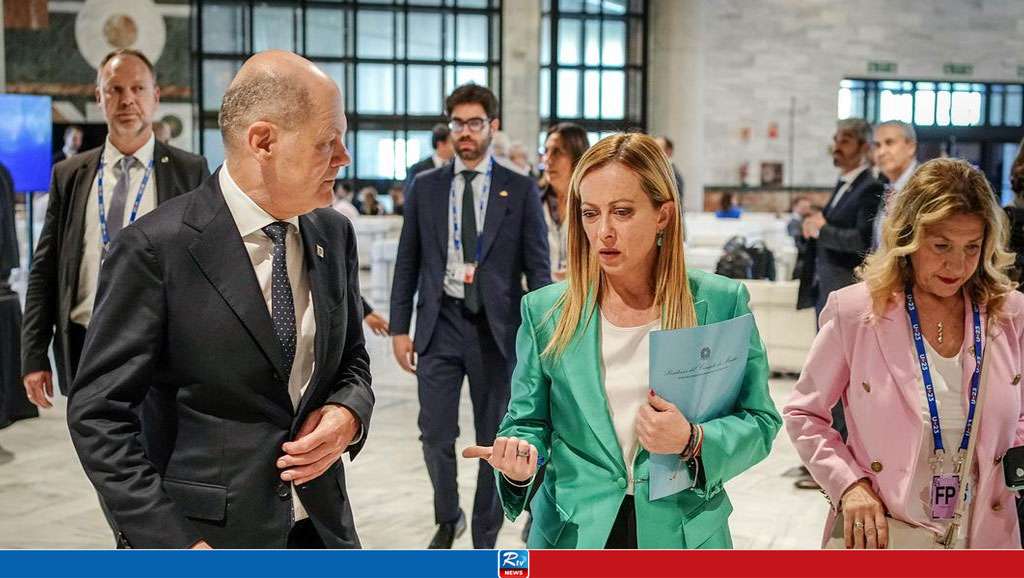
Lawmakers urge Biden to call out more Chinese biotech firms
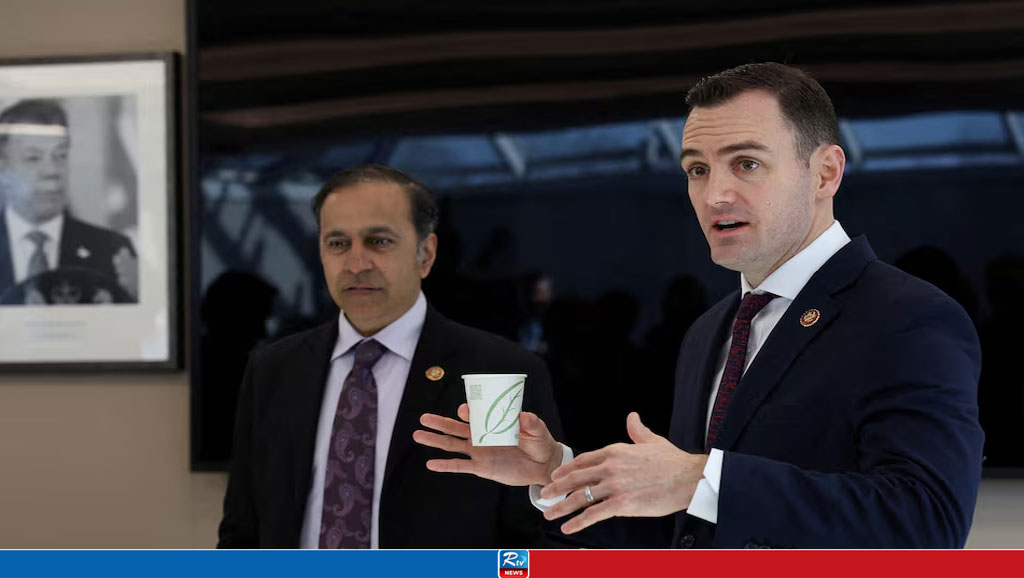
Gaza death toll crosses 33,000

US court orders exiled Chinese billionaire Guo Wengui to face fraud indictment

Hong Kong's lost freedom shows Xi Jinping's priorities: Analysis

All people of faith should stand against China’s Uyghur genocide
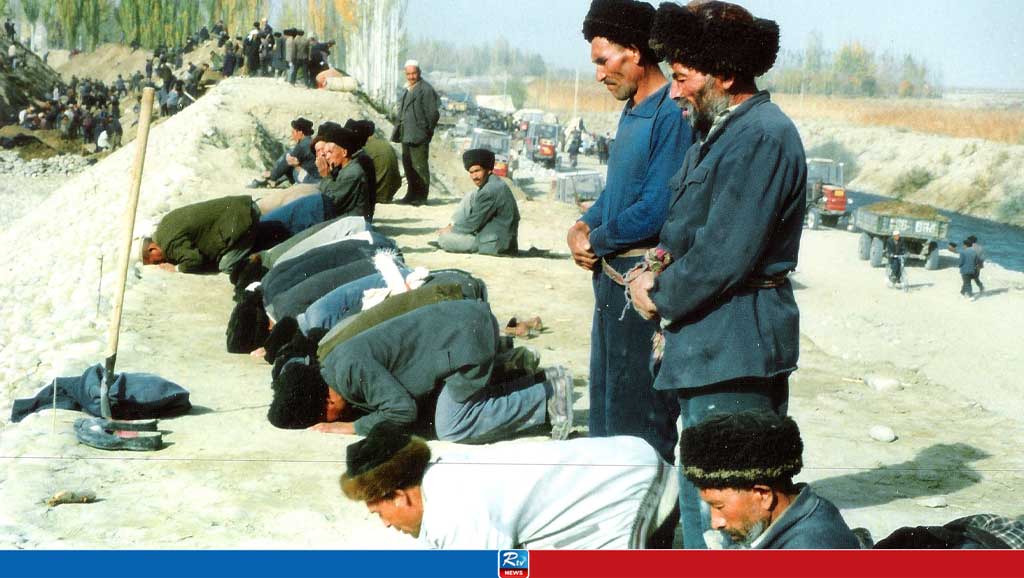
Climate activist Greta Thunberg arrested in the Netherlands


 Live Tv
Live Tv

